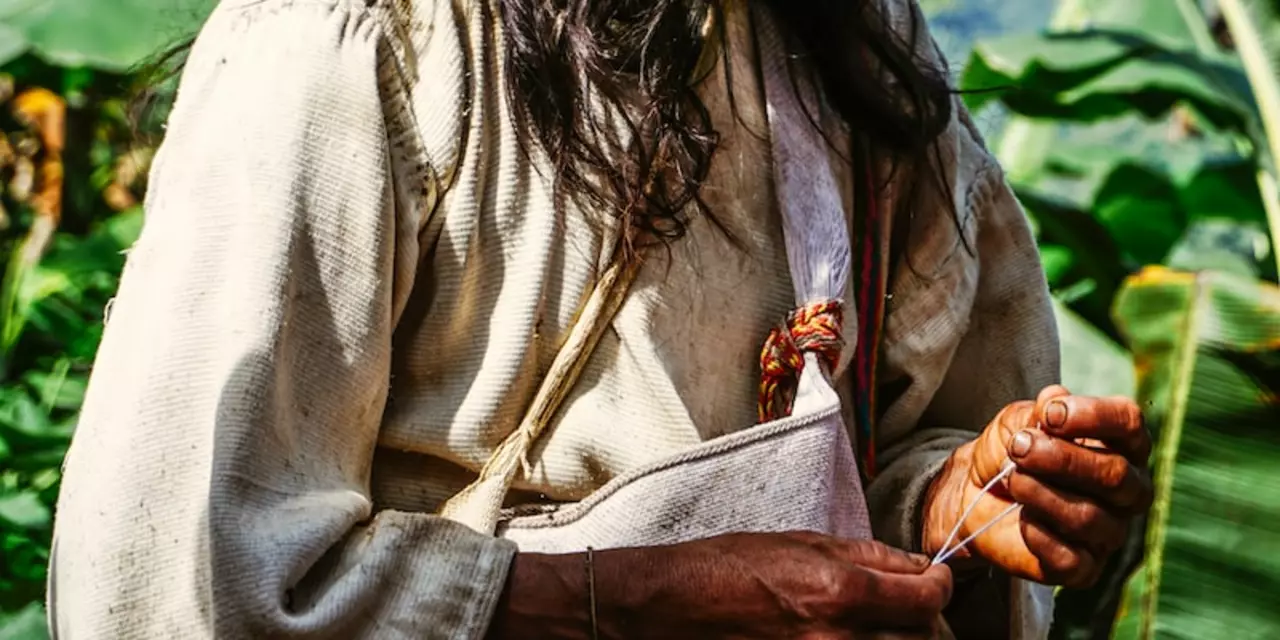Exploring the Unique Challenges Faced by Native Americans in the United States
For centuries, the United States has been a home to countless different cultures, religions, and backgrounds. Native Americans, who have been inhabiting this land since time immemorial, have faced unique challenges in order to preserve their culture and traditions. Despite the struggles, Native Americans are a resilient people and have worked to ensure their survival and success.There are many unique challenges faced by Native Americans living in the United States. These include poverty, health disparities, and inherent racism. Native Americans are some of the most impoverished people in the nation, with a poverty rate that is more than twice the national average. Furthermore, Native Americans are more likely to experience inadequate health care and suffer from higher rates of preventable illnesses such as diabetes and heart disease. Additionally, Native Americans face discrimination and racism on a regular basis, both within their own communities and outside of them.
Despite the many challenges faced by Native Americans, they have found ways of persevering and thriving. Native Americans are a resilient people and have been able to make positive contributions to the nation in terms of culture, language, art, and activism. Additionally, they have worked to create a positive and safe space for the next generation to continue growing and learning.
It is clear that Native Americans have faced many unique challenges in the United States, but they have been able to work past them and continue to thrive. As a nation, it is important to recognize and celebrate the contributions of Native Americans and work towards eliminating the systemic racism and poverty that still exists today.
Examining the Impact of Historical Trauma on Native American Communities
History is an important part of all cultures, and the history of Native Americans in the United States is no different. Unfortunately, the Native American experience has been one of displacement, oppression, and trauma. In recent years, experts have identified a condition known as “historical trauma,” which is a term used to describe the cumulative emotional and psychological wounding over the generations that occur as a result of massive group trauma.For Native Americans, the trauma has been pervasive, beginning with the arrival of European colonizers in the 16th century. Native Americans were subjected to diseases, mass killings, and forced removal from their ancestral lands. This legacy of trauma has had a profound impact on Native American communities, particularly in terms of physical and mental health, educational attainment, and social cohesion.
Today, Native Americans are still struggling with the effects of historical trauma. Native Americans have higher rates of poverty, substance abuse, and suicide than other racial and ethnic groups in the US. The trauma has also taken a psychological toll, with Native Americans more likely to experience depression, anxiety, and post-traumatic stress disorder than the general population.
It is clear that the effects of historical trauma are still being felt by Native American communities, and it is important that we continue to work to address and heal these wounds. Through increased cultural awareness, mental health support, and education, we can strive to create a better future for Native Americans.
Celebrating the Resilience of Native American People in the Face of Adversity
The plight of Native Americans in the United States is a long and painful one, marked by displacement, poverty, and centuries of mistreatment. Despite all of the hardships they have faced, Native Americans have persevered and remain an integral part of the nation’s culture and history.Native Americans have been able to hold on to their traditional customs and values even in the face of tremendous adversity, and they have continued to find ways to celebrate their culture in their own unique ways. From powwows to traditional dances and art, Native Americans have shown their strength and resilience in the face of oppression.
Native Americans have also been able to adapt to the changing times and find ways to use modern technology to further their own cultures. This includes the use of digital platforms to promote their work, create awareness about issues facing their communities, and to connect with other Native American people from around the world.
Native Americans have also made significant strides in education, with many Native American students excelling in school and going on to pursue higher education. This is a testament to the strength and resilience of Native American people and their commitment to creating a better future for the generations to come.
In spite of all the adversity they have faced, Native Americans continue to show their strength and resilience, and it is important to celebrate and recognize the contributions they have made to the United States. From their culture and traditions to their activism and education, Native Americans are an integral part of the nation’s history and culture and deserve to be celebrated and honored.
